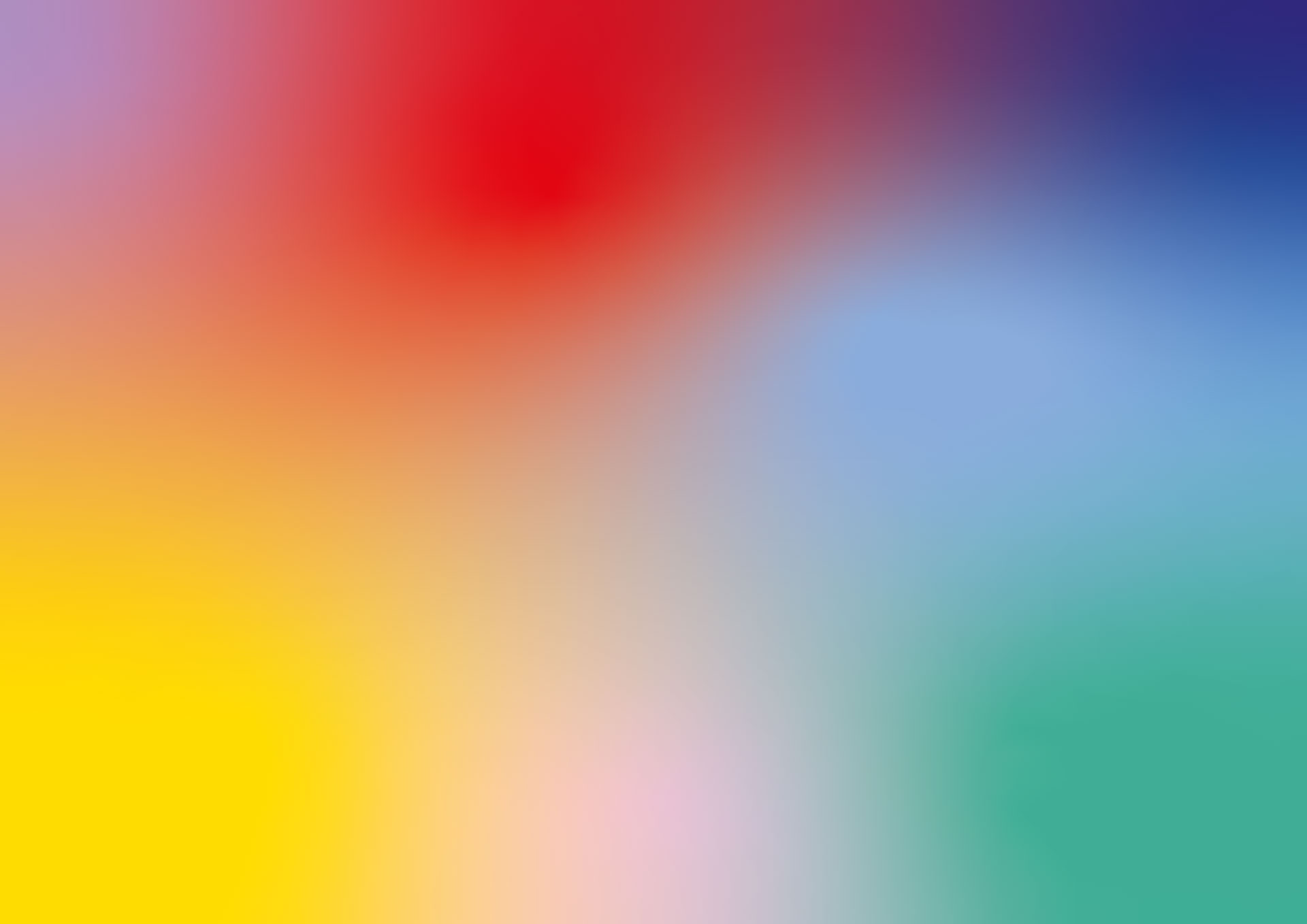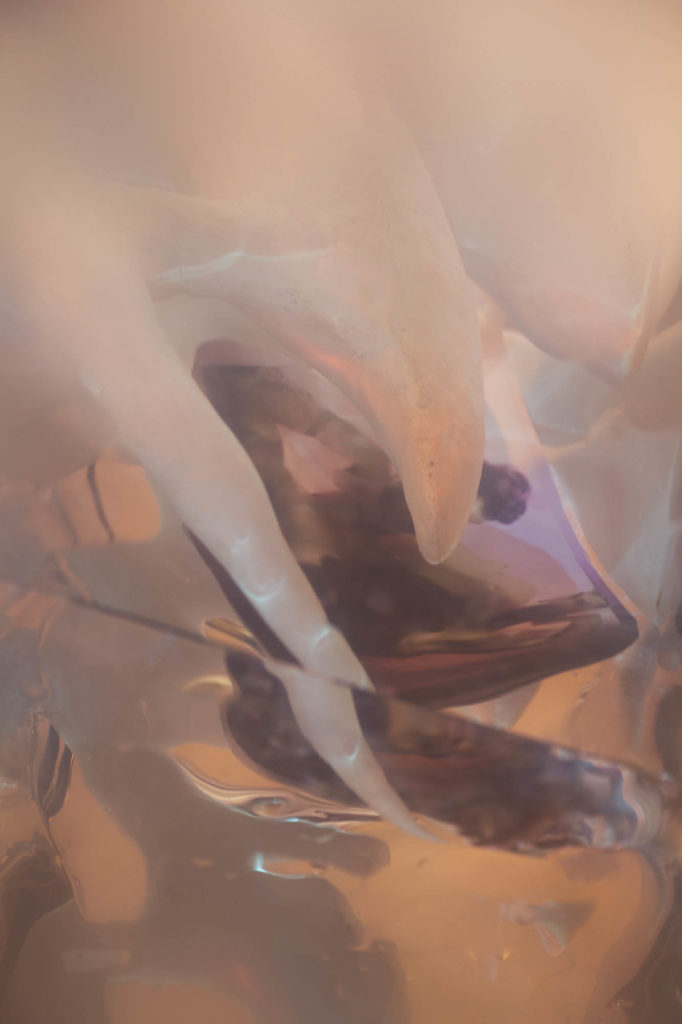
Natalia Różycka
Love by Natalia Różycka brings the subtle and fluid shades of queer relationships to life. Even though Różycka shows abstract and fluid shapes and forms, the work is narrative.
Asafe Ghalib’s work sets a powerful stage for an intersectionally discriminated against community. Ghalib’s expressive monochrome portraiture is warm and dramatic. Intense contrasts are softened by vintage sepia tones – bodies unafraid to take new, mesmerizing and at times eerie shapes and forms. The othered speak loud, clear and strong. Liquid textures, hard shadows and shape-shifting costumes reminiscently speak of someone who has always been there, yet appears to be an other-worldly entity. The series Queer Immigrants embodies metamorphosing futures and calls to an unseen history in one and the same photograph.
Asafe Ghalibs Arbeit ist ein großer, kraftvoller Auftritt für queere Menschen mit Migrationsgeschichte, die sich doppelter Unsichtbarmachung entgegenstellen. Ghalibs expressive, monochrome Portraitserie ist dramatisch, inszeniert, aber trotzdem warm und einnehmend. Sie sucht den Kontakt zur*m Betrachter*in, zieht sie*ihn in ihren Bann. Intensive Kontraste sind in ein weiches, warmes Sepia-Spektrum gebettet – Körper, die unerschrocken und furchtlos neue Formen suchen, die sich irgendwo zwischen Anziehung und magischer Entrücktheit finden. Sie sind klar, laut und energetisch. Flüssige Texturen, Schlagschatten und gestaltwandelnde Kostüme verkörpern Erscheinungen, die einen Wiedererkennungswert aufrufen. Sie begegnen dir als müsstest du sie kennen. Sie sprechen von Menschen, die schon immer da waren, vielleicht in bisher ungesehenen Welten. Die Serie Queer Immigrants verkörpert metamorphe Zukünfte und ruft ungesehene Geschichte in ein und der selben Fotografie auf.

Love by Natalia Różycka brings the subtle and fluid shades of queer relationships to life. Even though Różycka shows abstract and fluid shapes and forms, the work is narrative.
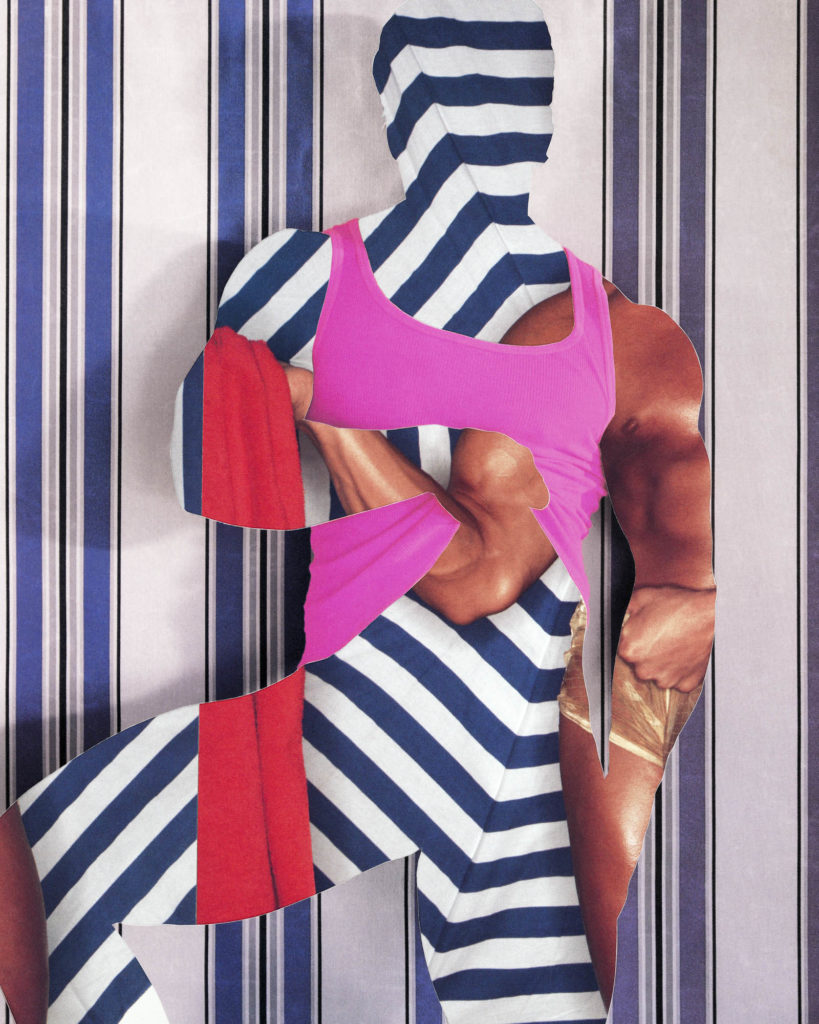
Michal Young plays with the vintage iconography of a gay erotic gaze that shaped Young’s own coming of age times in the late 80s and 90s. One collage shows two fragmented excerpts of vintage gay calendars in a subtle interplay of positive and negative space.
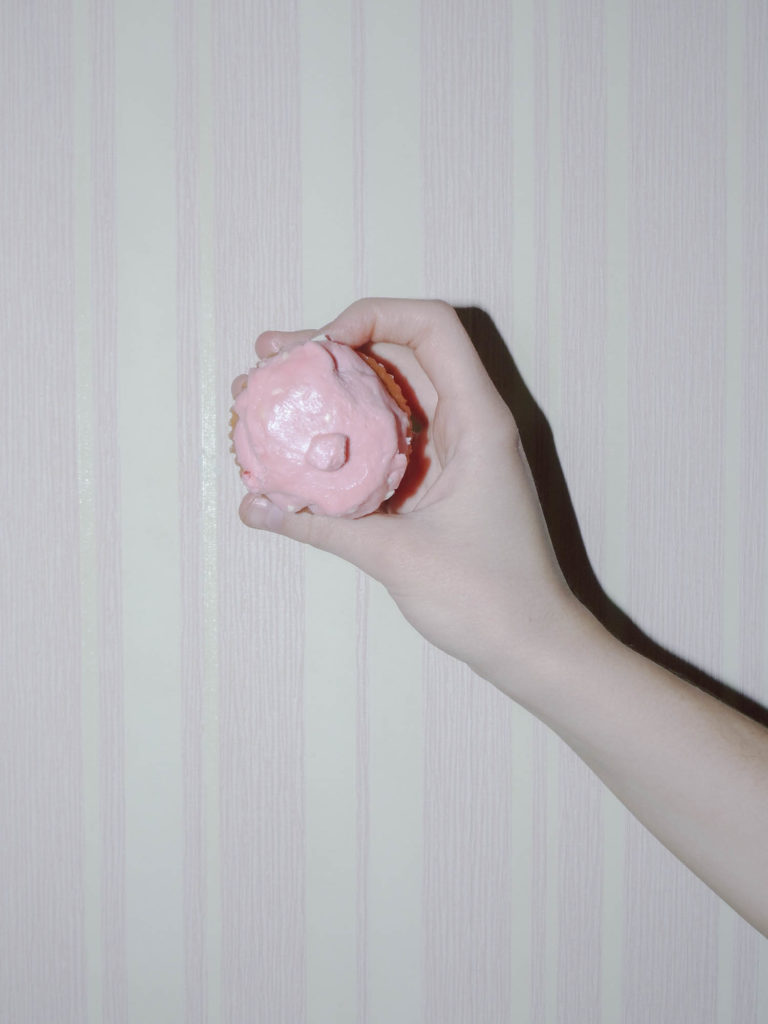
Irina Dmitrovskaya investigates views on her own sexuality, othered as queer sexuality from the outside. She shows an interplay of closeness and distance, of fragmentation and framing.
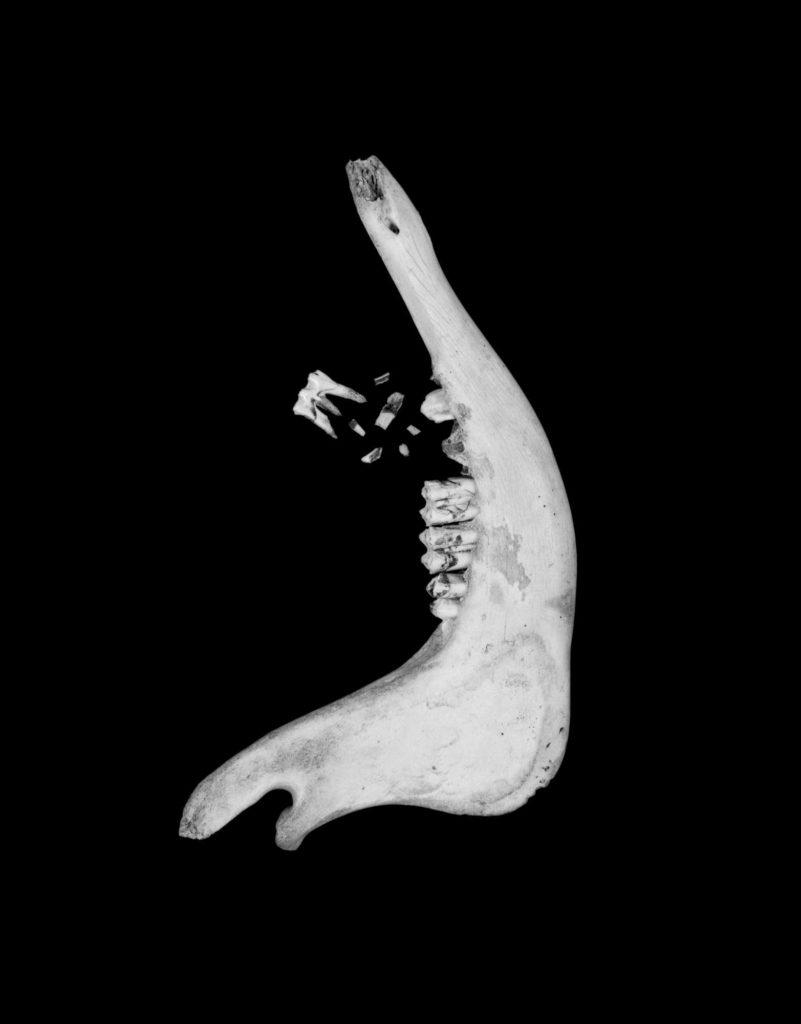
Evidence of My Sexual Misdemeanor is a precise and conceptual photographic dissection of the experience of forced visibility. The Turkish military forces gay men to out themselves in a, by definition, hostile environment.
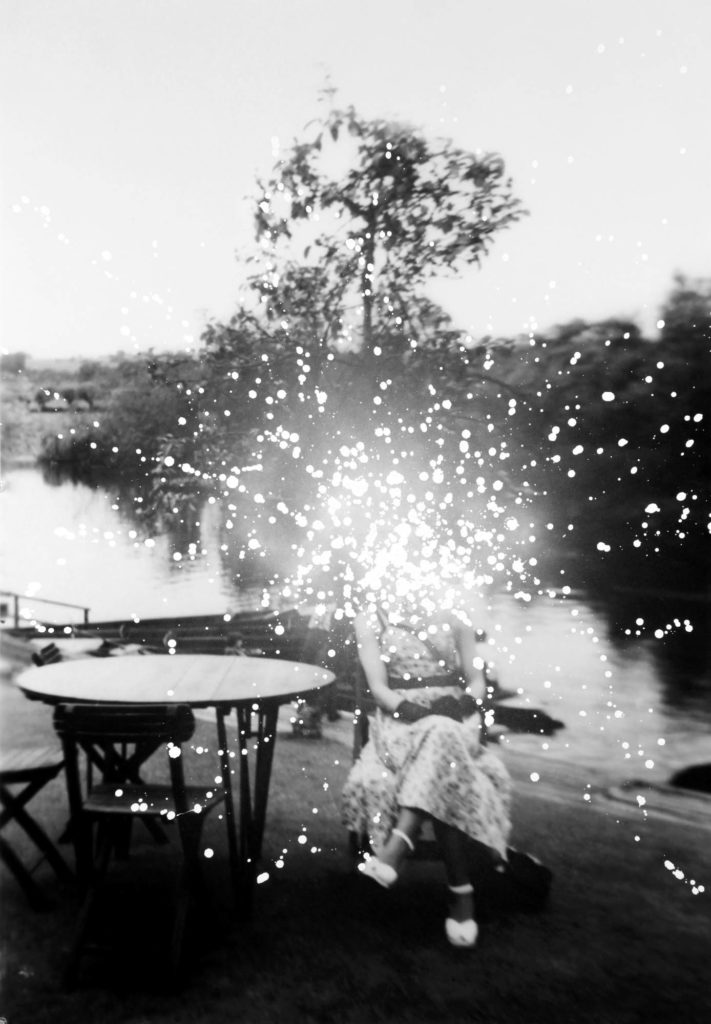
Sara Davidmann takes a narrative approach and works with sentimental and personal found footage. She tells the story of K, a hidden trans biography in her own family history.
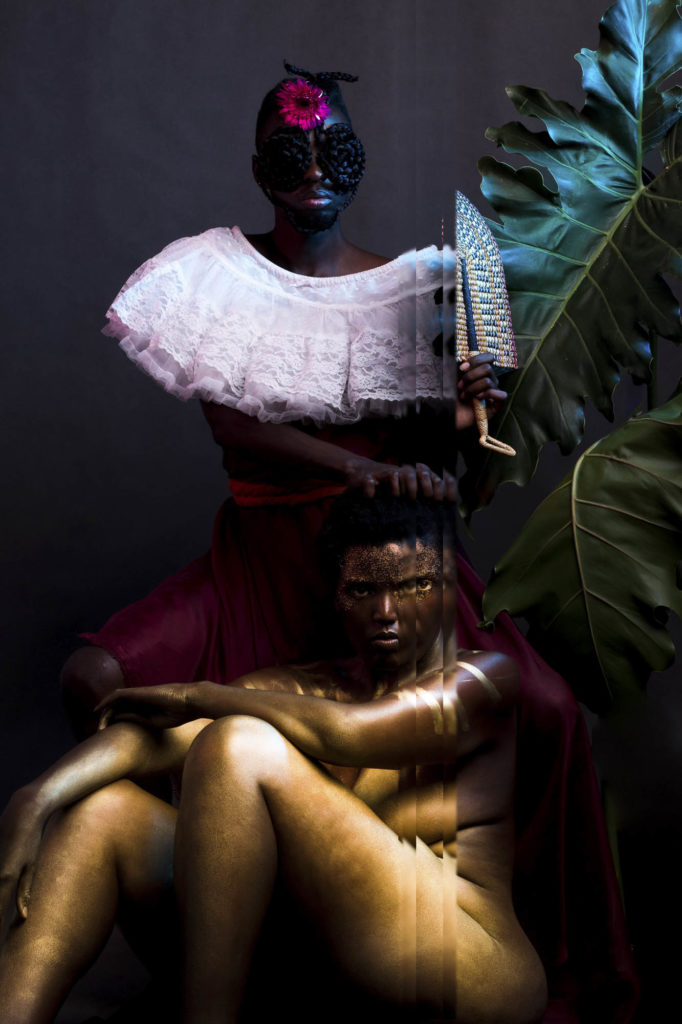
In a formal act of autonomy, Awuor Onyango, Mal Muga and Namikoye Wanjala decided to defy the regulations of the call for single projects and applied as a group with three aesthetically very different projects addressing questions of visibility and queer solidarity.
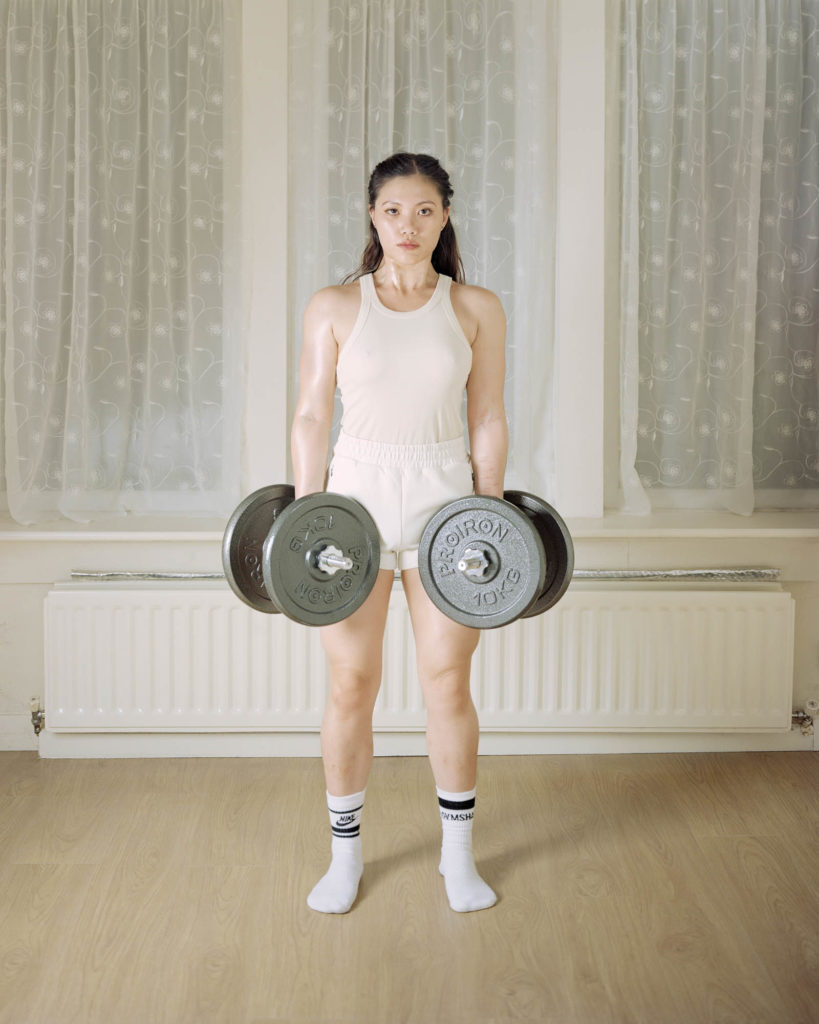
Margaret Liang’s subjects, including the artist, claim their space with a calm yet determined focus. Instruments of creating a self-determined body image appear as highly stylised icons of resolution.
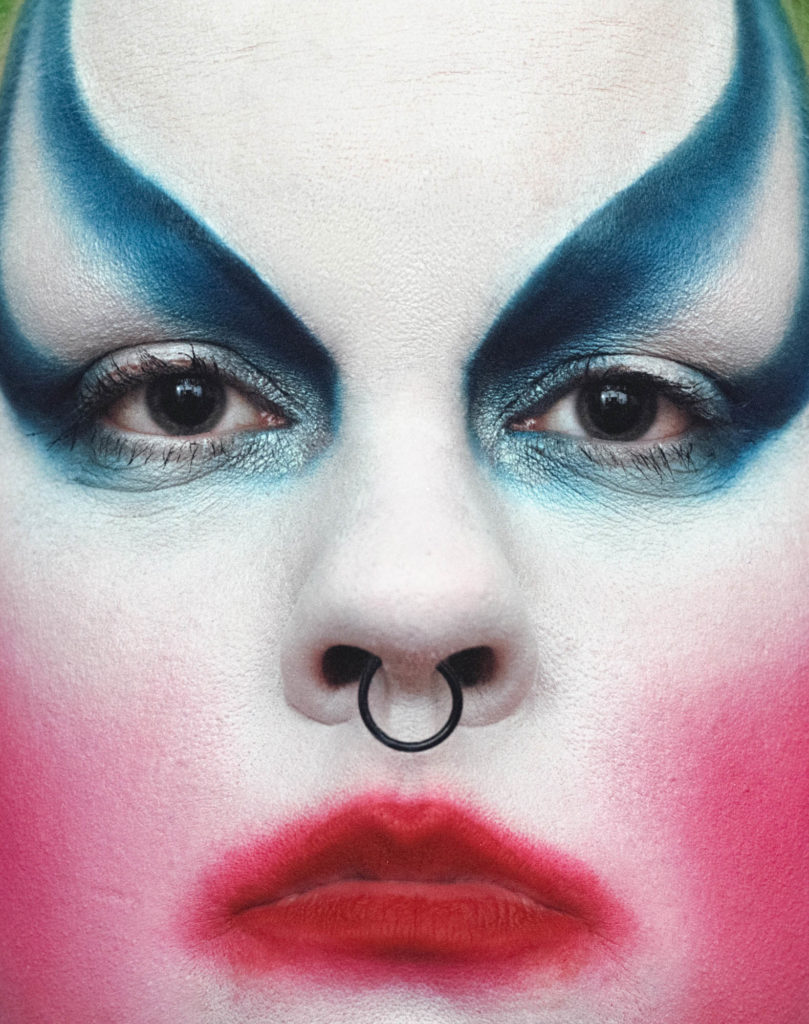
Alien’s Bodybuilders are living and breathing artworks. Alien gives a bright and vivid exclusive into queer performance cultures from the UK.
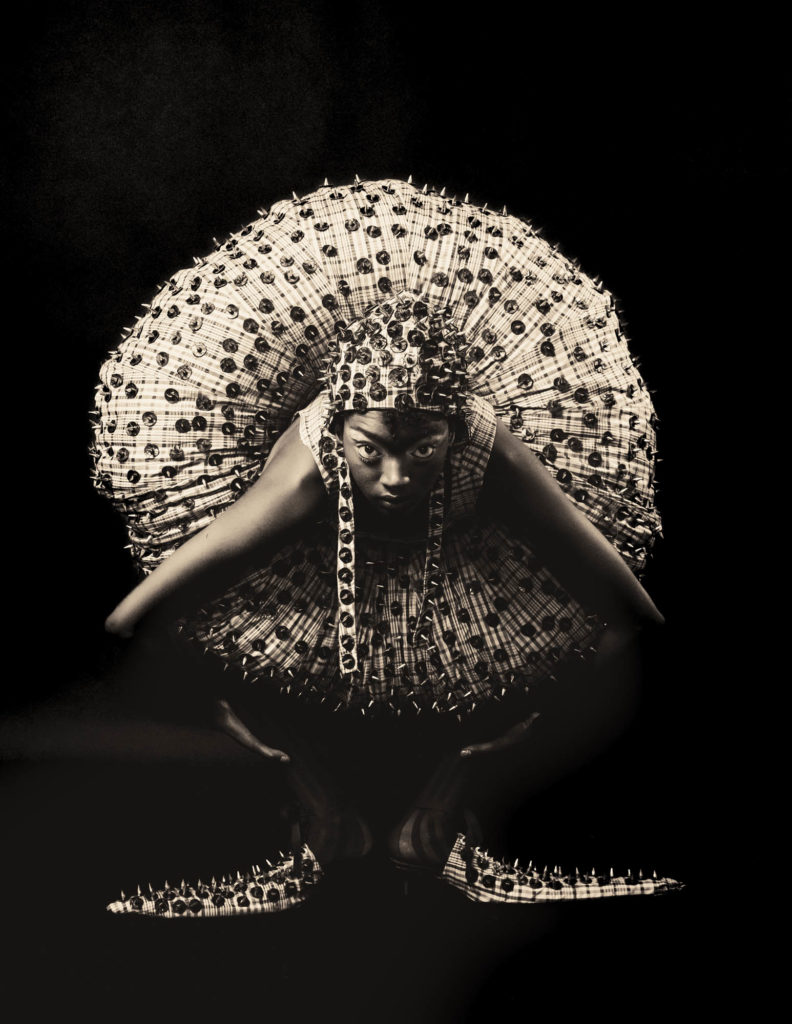
Asafe Ghalib’s work sets a powerful stage for an intersectionally discriminated against community. Ghalib’s expressive monochrome portraiture is warm and dramatic.
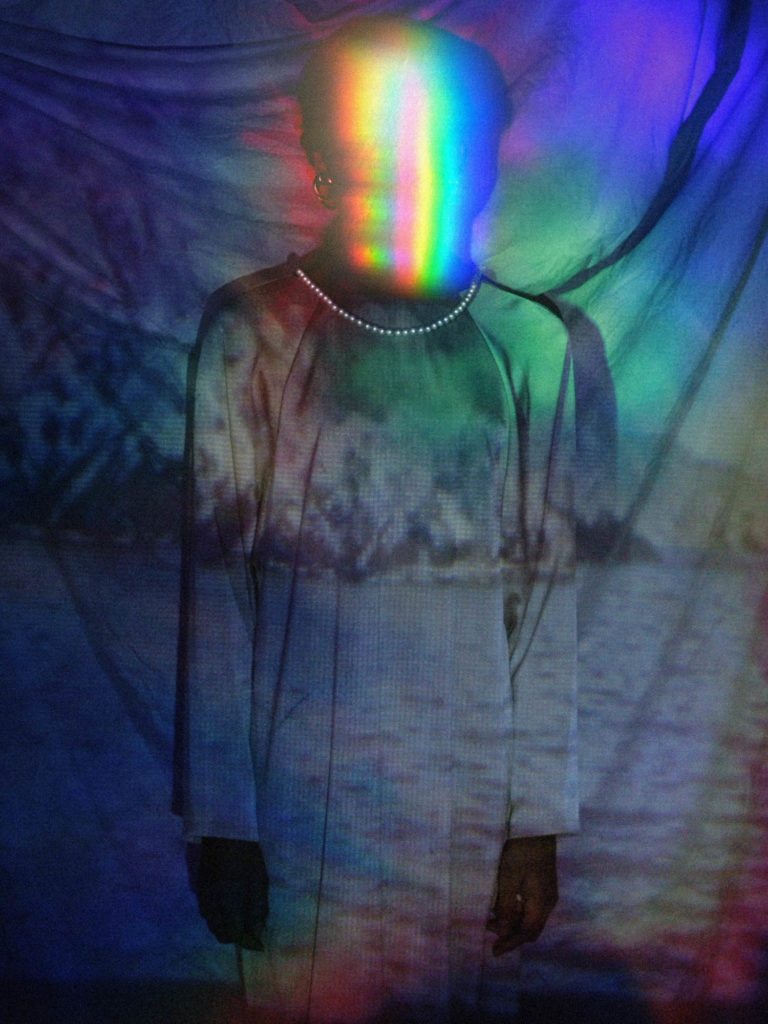
Andrés Gregorio Pérez Dead Family series is an autobiographical and collaborative intervention into censored queer childhood memory.
